
Why Drinking Water on an Empty Stomach Is Beneficial
1. Rehydrates After a Night’s Sleep
While you sleep, your body goes for 6–8 hours (or more) without any water. During this time, it still loses fluid through breathing, sweating, and even minor movements. Drinking a glass of water first thing in the morning helps replenish these lost fluids.
It restores blood volume, supports healthy circulation, and gives your metabolism a natural boost. Think of it as your body’s way of “waking up” and getting ready for the day ahead.
2. Supports Kidney Function and Toxin Elimination
Your kidneys work 24/7 to filter your blood and remove waste products. But they can only function effectively if you provide them with enough water. Morning hydration helps:
-
Flush toxins and metabolic waste more efficiently
-
Reduce the risk of forming kidney stones
-
Prevent overly concentrated urine
This gentle "internal cleansing" is especially important after hours of overnight fasting and dehydration.
3. Aids Digestion and Promotes Regular Bowel Movements
Water stimulates the gastrointestinal tract and enhances the movement of the intestines (peristalsis). A glass of water in the morning helps:
-
Soften stool
-
Prevent or relieve constipation
-
Trigger a healthy morning bowel movement
Many people find that this becomes a helpful routine — water first, bathroom second.
4. Enhances Mental Clarity and Alertness
Even mild dehydration can impair focus, cause brain fog, and make you feel more tired. By rehydrating early, you:
-
Improve concentration
-
Reduce fatigue
-
Support memory and mood
Water won't replace sleep or caffeine, but it gives your brain the hydration it needs to function optimally from the start of the day.
5. Regulates Appetite and Prepares the Digestive System
Drinking water before meals can help:
-
Prevent overeating by creating a feeling of fullness
-
Stimulate the production of digestive enzymes and stomach acid
-
Prime your body for better digestion
This works best if timed about 30 minutes before a meal.
6. Supports Skin Health and Body Temperature Control
Staying well-hydrated contributes to:
-
Better skin tone and elasticity
-
Improved circulation to the skin
-
Efficient regulation of body temperature, especially in hot weather or after exercise
Dehydration can make skin appear dull or tired — regular hydration helps you look and feel fresher.
Best Times to Drink Water: A Practical Daily Schedule
✅ Right After Waking:
Drink 300–500 ml (1–2 cups). This jumpstarts hydration and helps activate your internal systems.
✅ 30 Minutes Before Meals:
Drink 200–300 ml before breakfast, lunch, and dinner. This helps digestion and may reduce your appetite.
✅ 1–2 Hours After Meals:
Drink again if you're still thirsty. This helps support digestion without diluting stomach acids during eating.
✅ Before and During Exercise:
-
Drink 200–400 ml 30 minutes before your workout
-
Sip water throughout your workout, especially in heat or for sessions longer than 30 minutes
-
Consider drinks with electrolytes for intense or long-duration exercise
✅ Before Bed (Optional):
If you’re slightly thirsty, drink a small glass (~100 ml). Avoid large amounts to prevent nighttime bathroom trips.
How Much Water Should You Drink Per Day?
A personalized hydration formula:
30–35 ml per kg of body weight per day
Example (for a 70 kg adult):
-
70 kg × 30 ml = 2,100 ml
-
70 kg × 35 ml = 2,450 ml
→ Aim for 2.1–2.45 liters per day
Other general guidelines:
-
The “8×8 Rule”: 8 glasses of 8 oz = ~1.9 liters — a common baseline
-
Men often need slightly more than women due to larger average body mass
-
Needs increase with exercise, heat, illness, pregnancy, and breastfeeding
What Happens If You Don’t Drink Enough Water
Mild dehydration symptoms:
-
Dry mouth and throat
-
Headache
-
Low energy or fatigue
-
Reduced focus and slower thinking
Chronic underhydration risks:
-
Constipation
-
Dark, concentrated urine
-
Higher risk of kidney stones and UTIs
-
Poorer skin appearance
-
Slower recovery after exertion or illness
Severe dehydration (medical emergency):
-
Dizziness or lightheadedness
-
Rapid heartbeat
-
Very low urine output
-
Confusion or lethargy
What Happens If You Drink Too Much Water
Short-term effects of overdrinking:
-
Bloating
-
Nausea
-
Frequent urination
-
Disrupted sleep from nighttime trips to the bathroom
Rare but dangerous: Water Intoxication (Hyponatremia):
-
Caused by drinking large volumes of plain water too quickly
-
Dilutes sodium in the blood
-
Symptoms: headache, nausea, confusion, seizures, even coma
✅ Safety Tip:
Don’t force excessive fluids in a short time. For athletes or people sweating heavily, use electrolyte-balanced drinks (sports drinks or oral rehydration solutions) — not just plain water.
Tips for Staying Hydrated the Smart Way
-
Start your day with water: 300–500 ml right after waking.
-
Sip gradually throughout the day instead of drinking large amounts at once.
-
Check your urine color: pale yellow = hydrated, dark yellow = drink more.
-
Adjust your intake based on your environment and activity level.
-
Use electrolyte solutions if you’re sweating excessively or ill.
-
Consult a healthcare provider if you have health conditions affecting fluid balance (e.g., heart failure, kidney issues).
Example Daily Water Routine
Here’s a simple schedule to guide your intake:
| Time | Amount |
|---|---|
| Upon waking | 350 ml |
| 30 mins before breakfast | 250 ml |
| Mid-morning | 200–300 ml |
| 30 mins before lunch | 200–300 ml |
| Afternoon | 300–400 ml |
| 30 mins before dinner | 200–300 ml |
| Evening (optional) | 100–150 ml |
Total: ~2 to 2.5 liters/day, adjusted as needed.
Bottom Line
Drinking water on an empty stomach isn’t a miracle cure — but it’s a simple, science-backed habit that supports your body’s natural functions. Combined with consistent hydration throughout the day, it helps you feel more energized, focused, and balanced.
🌿 Small steps like morning hydration can make a big difference over time.
News in the same category

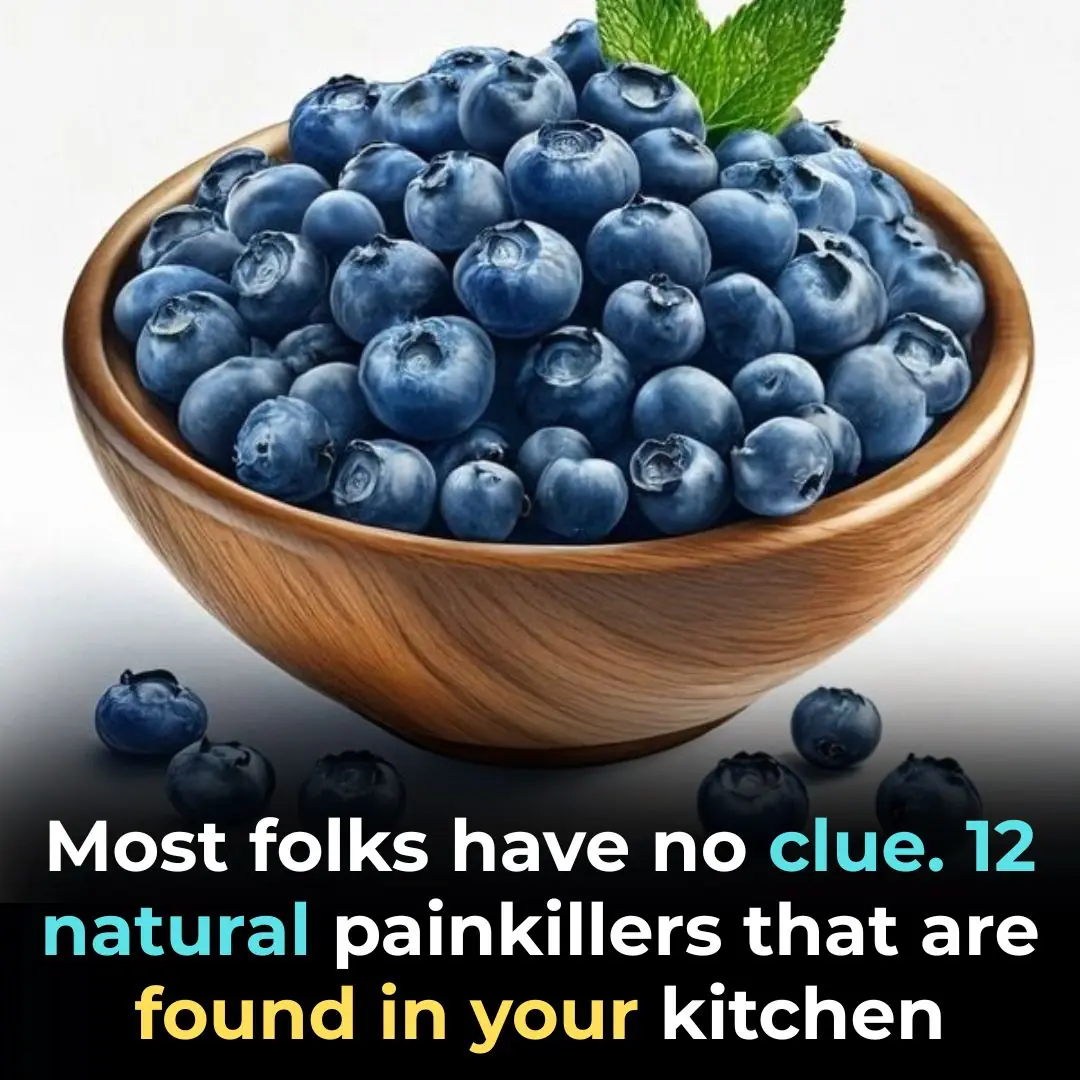
12 Powerful Natural Painkillers Found in Your Kitchen
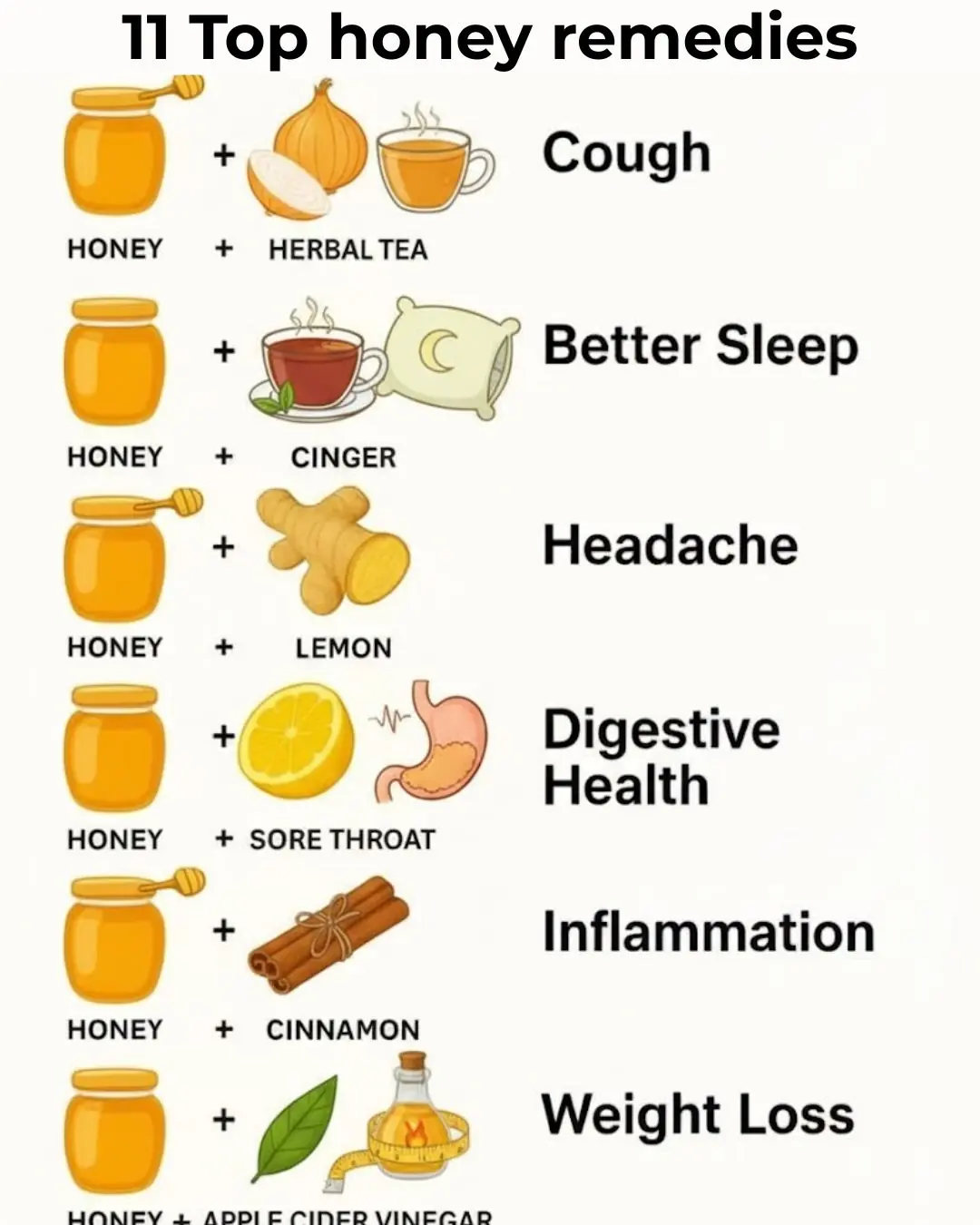
11 Honey Remedies That Truly Work
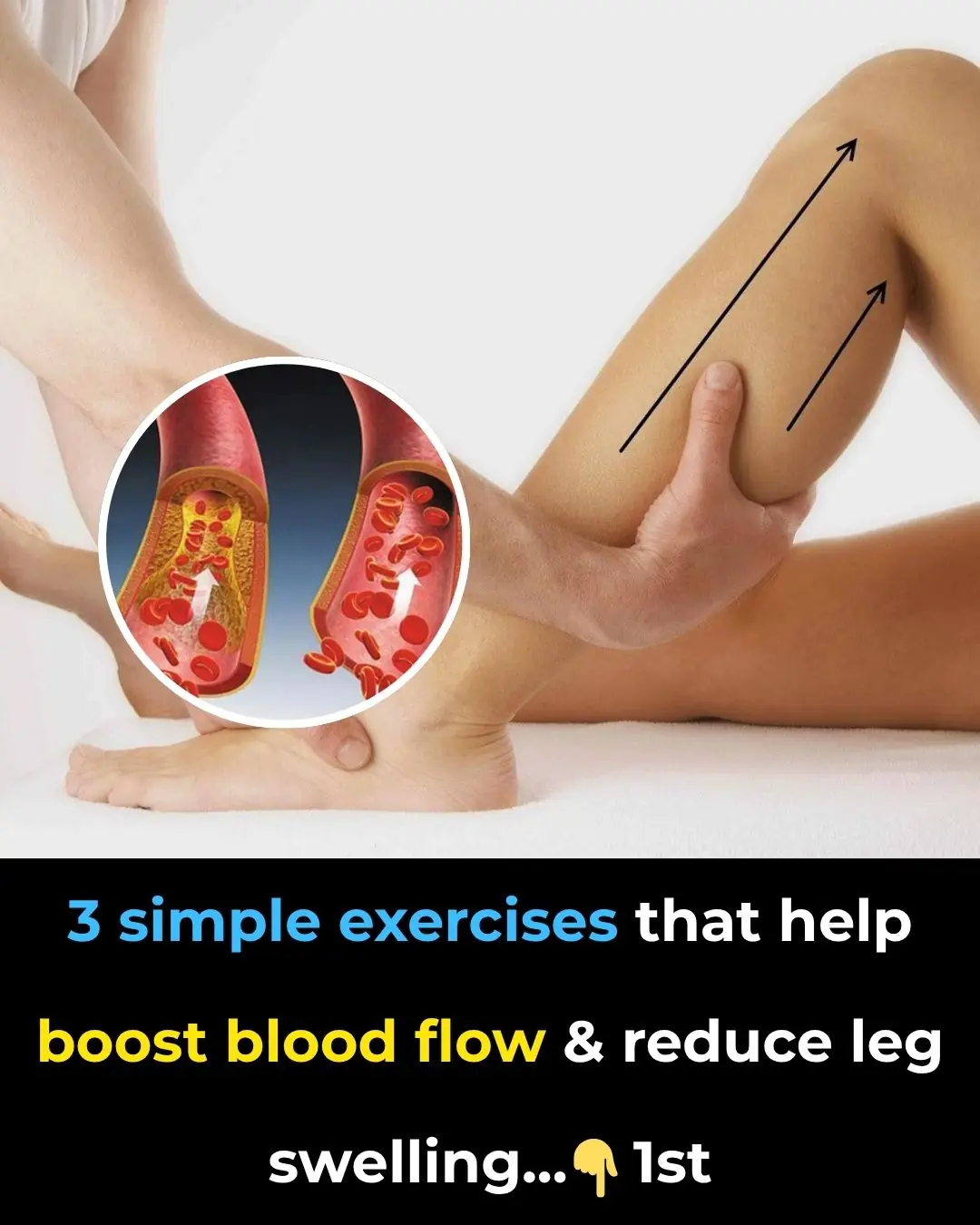
The only 3 exercises you need to improve leg circulation
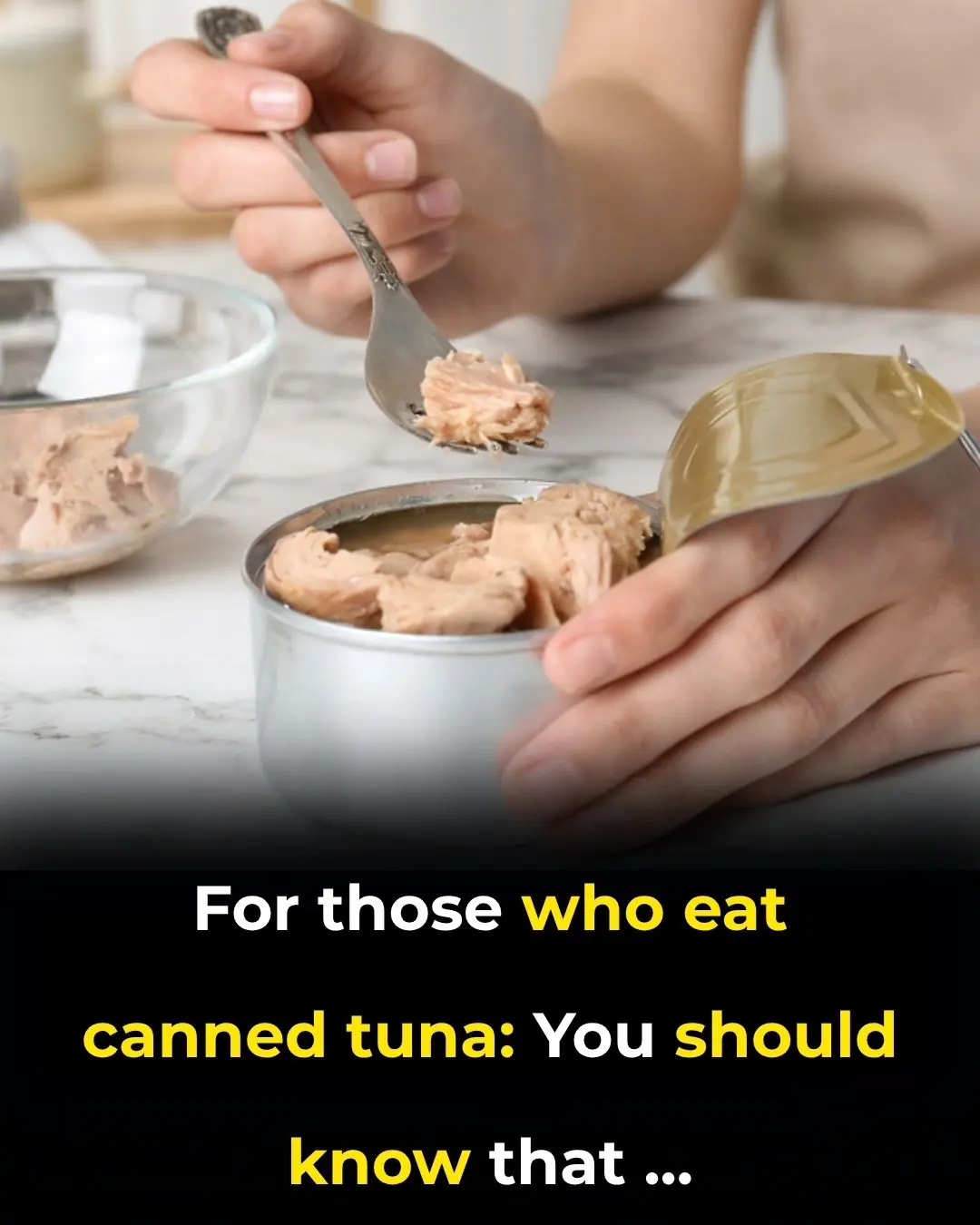
For those who eat canned tuna: you should know that
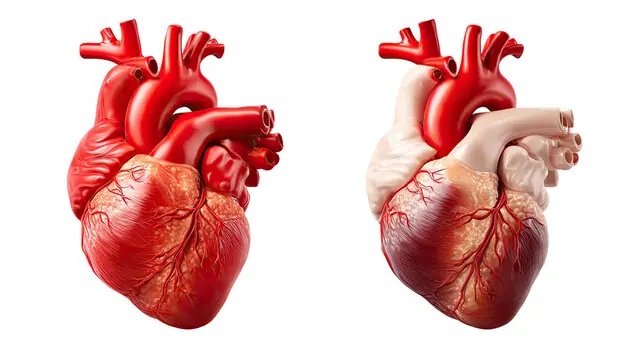
What Really Happens to Your Heart During a 5-Day Fast: A Day-by-Day Breakdown
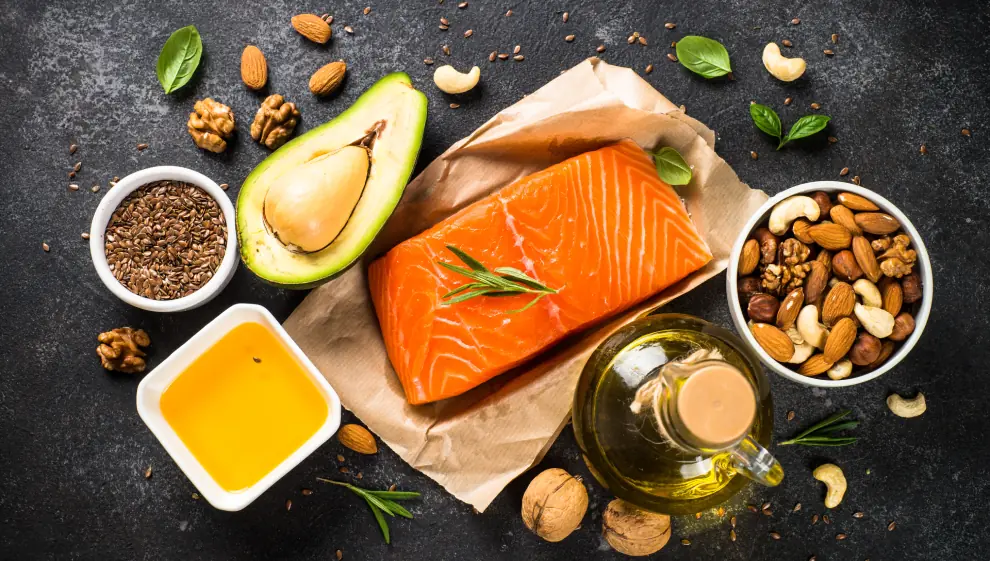
The Magnesium Solution: 10 Essential Foods to Naturally Conquer High Blood Pressure
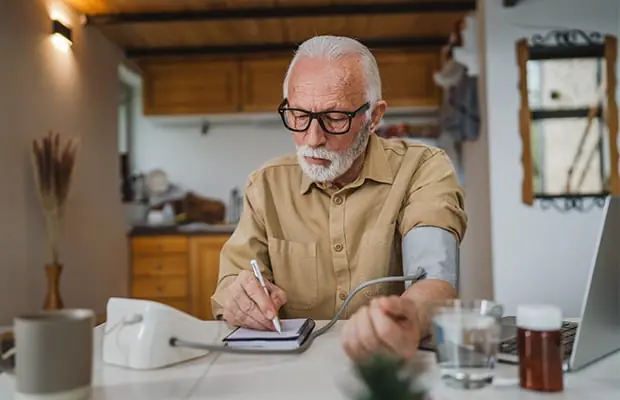
If You Have High Blood Pressure, NEVER Do This in the Morning
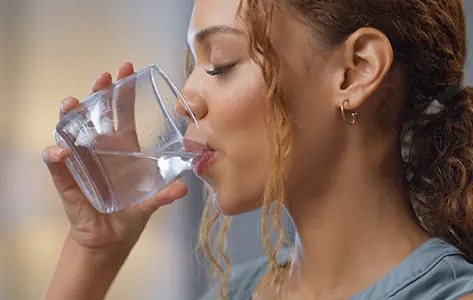
How to Make Alkaline Water to Fight Fatigue, Digestive Issues, and Cancer

People Left Disgusted: Shocking Truth About How Crabsticks Are Made
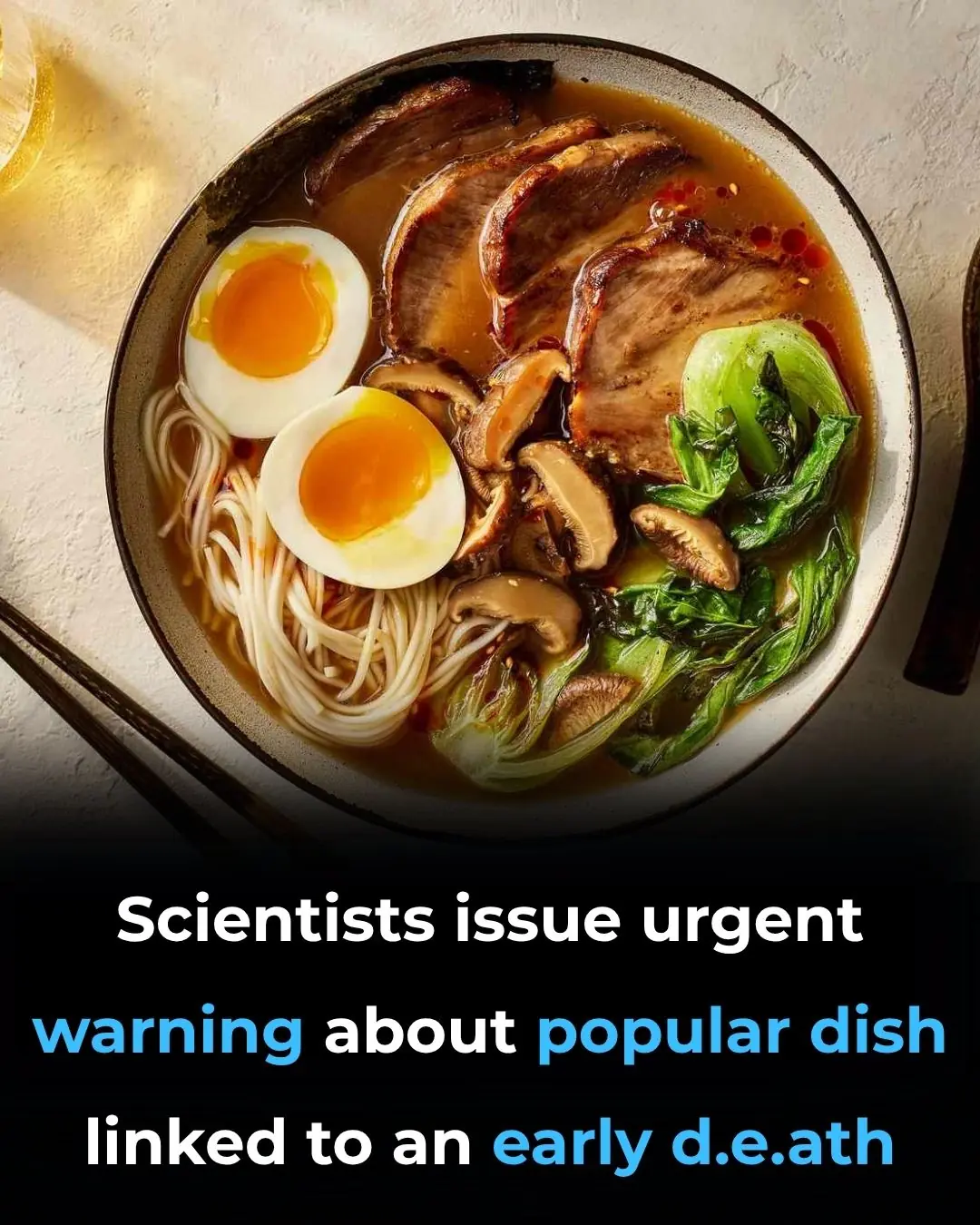
Alarming Study Links Eating Ramen Often to Early Death
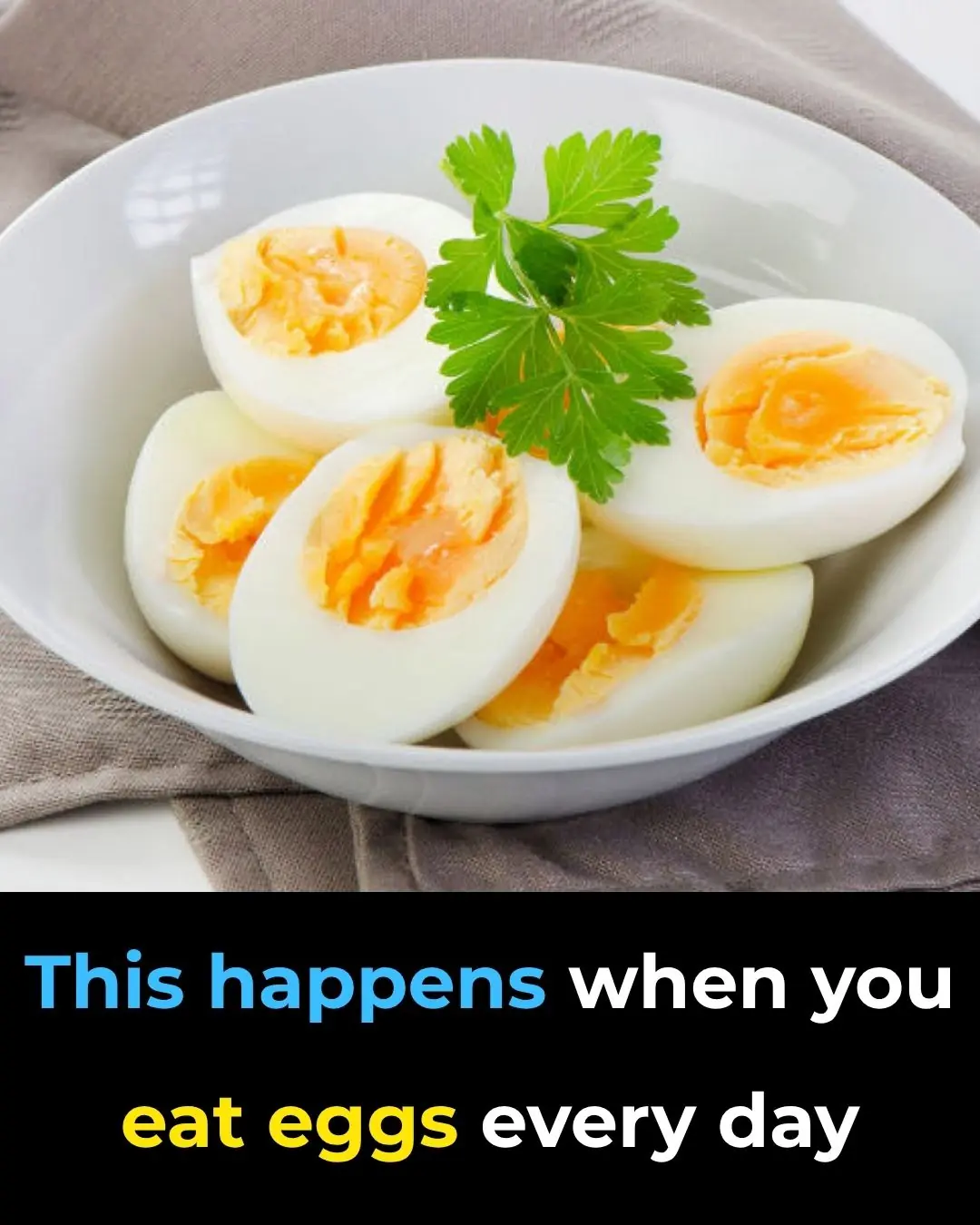
This is what happens to your body if you eat eggs for breakfast.
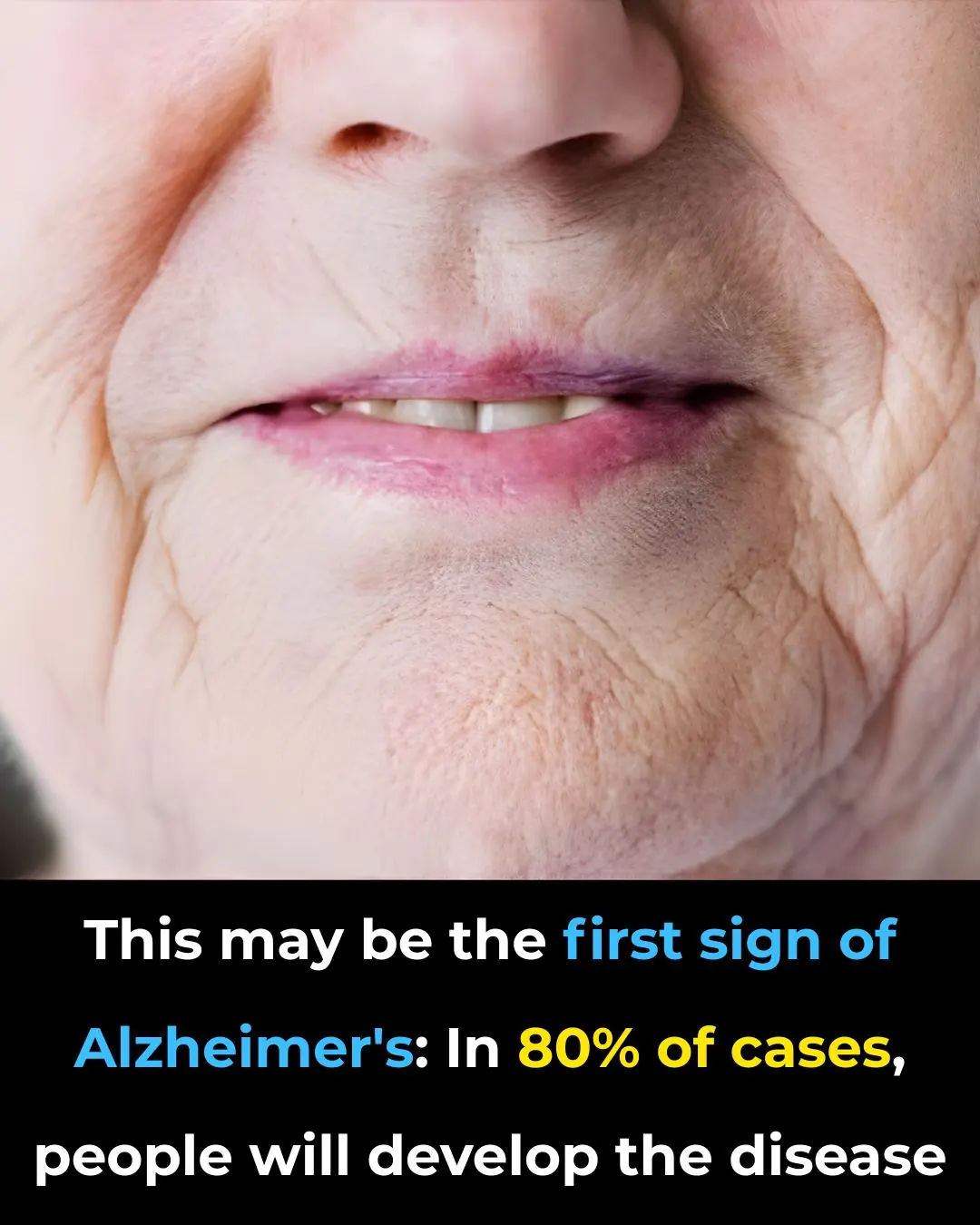
This may be the first sign of Alzheimer’s

3 types of cheap vegetables in the market help treat melasma effectively: Crush them and apply them to your face to see
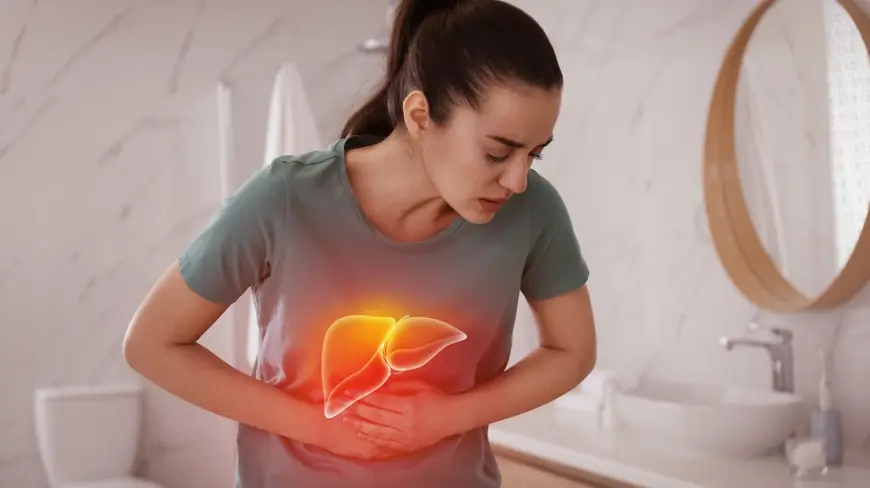
10 Warning Signs Your Liver is Overloaded with Toxins Don’t Ignore These!
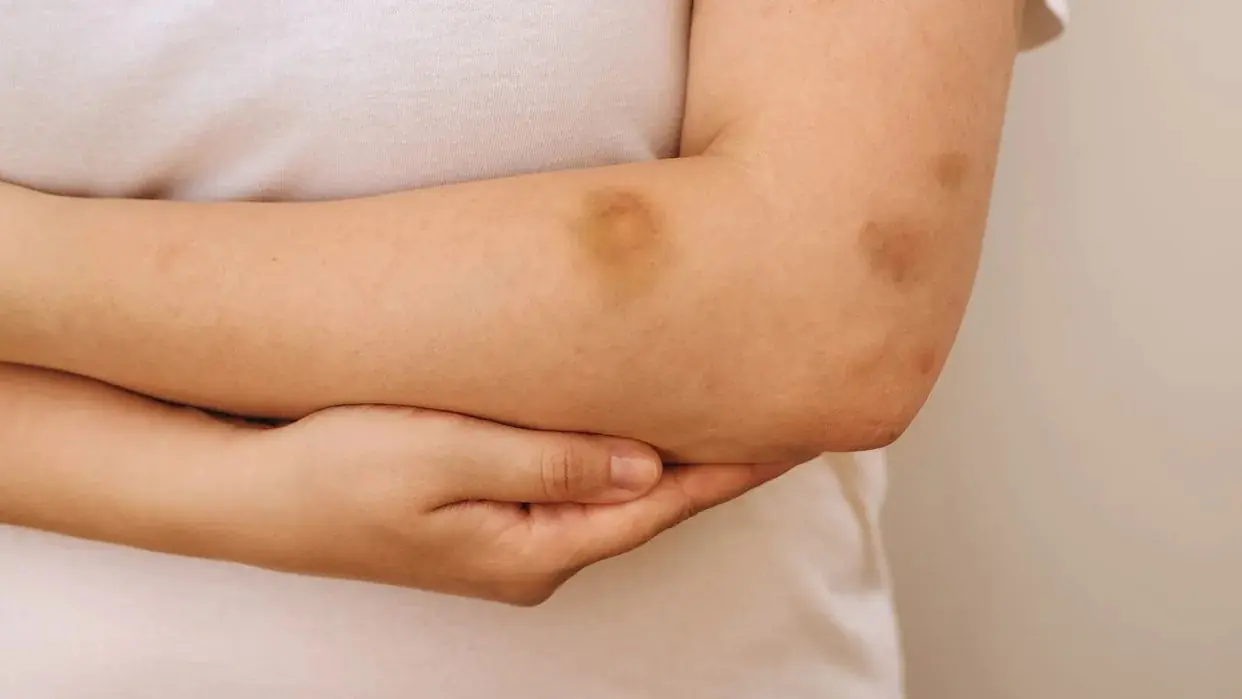
Doctors Urge: Don’t Ignore Unexplained Bruising These Hidden Reasons Could Be the Cause

Struggling to Sleep? A Famous Doctor’s 60-Second Trick Could Change Your Nights Forever
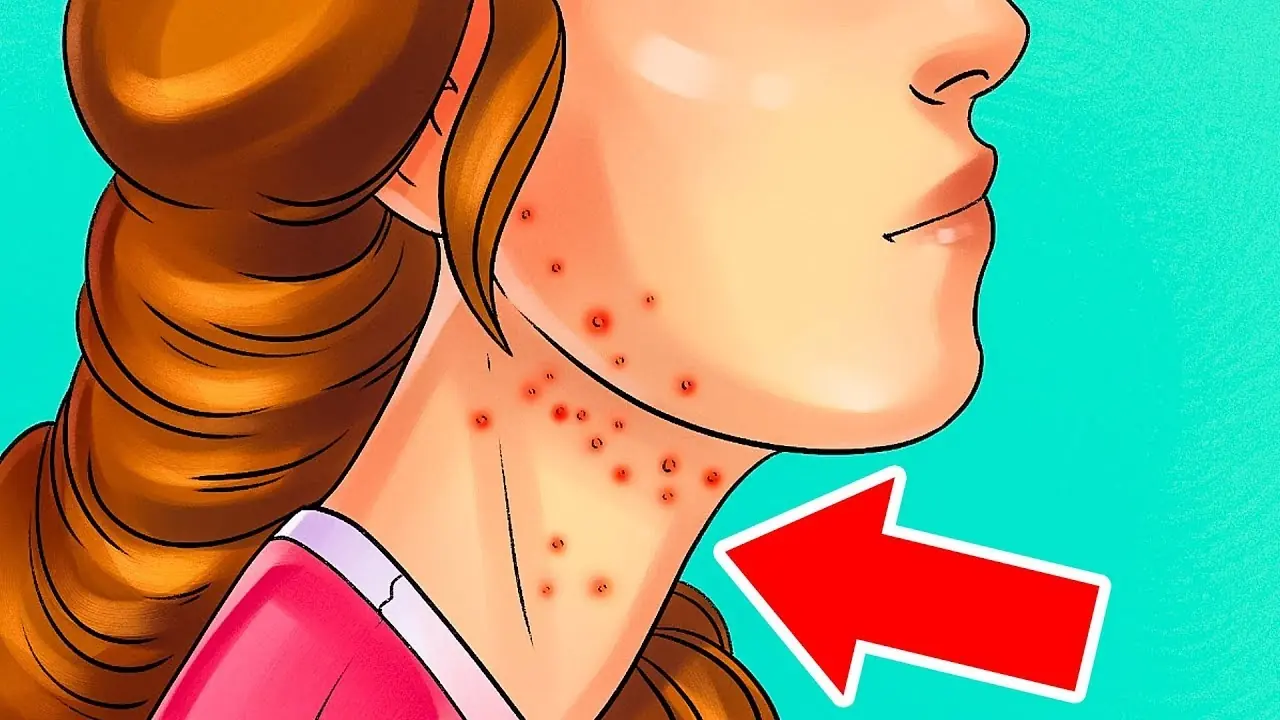
10 Urgent Warning Signs You’re Eating Too Much Sugar
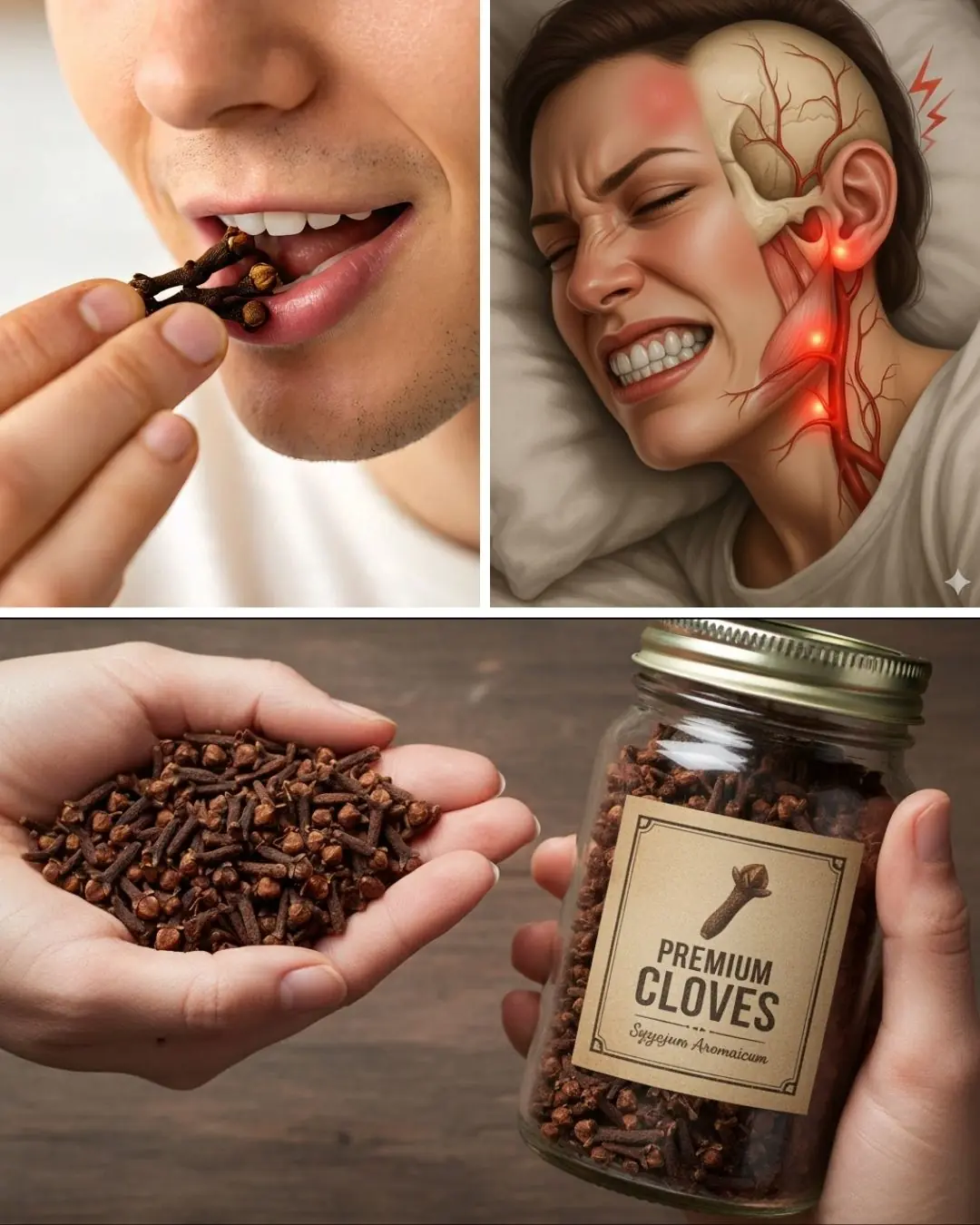
Holding Cloves in Your Mouth: A Natural Way to Relieve Toothache
News Post

What Your Lips Say About Your Health

Important News for Everyone Who Loves a Daytime Nap

The Night Edith Found Her Angels at a Waffle House

The Dog Who Healed Our Hearts: A Story of Rescue, Love, and Second Chances
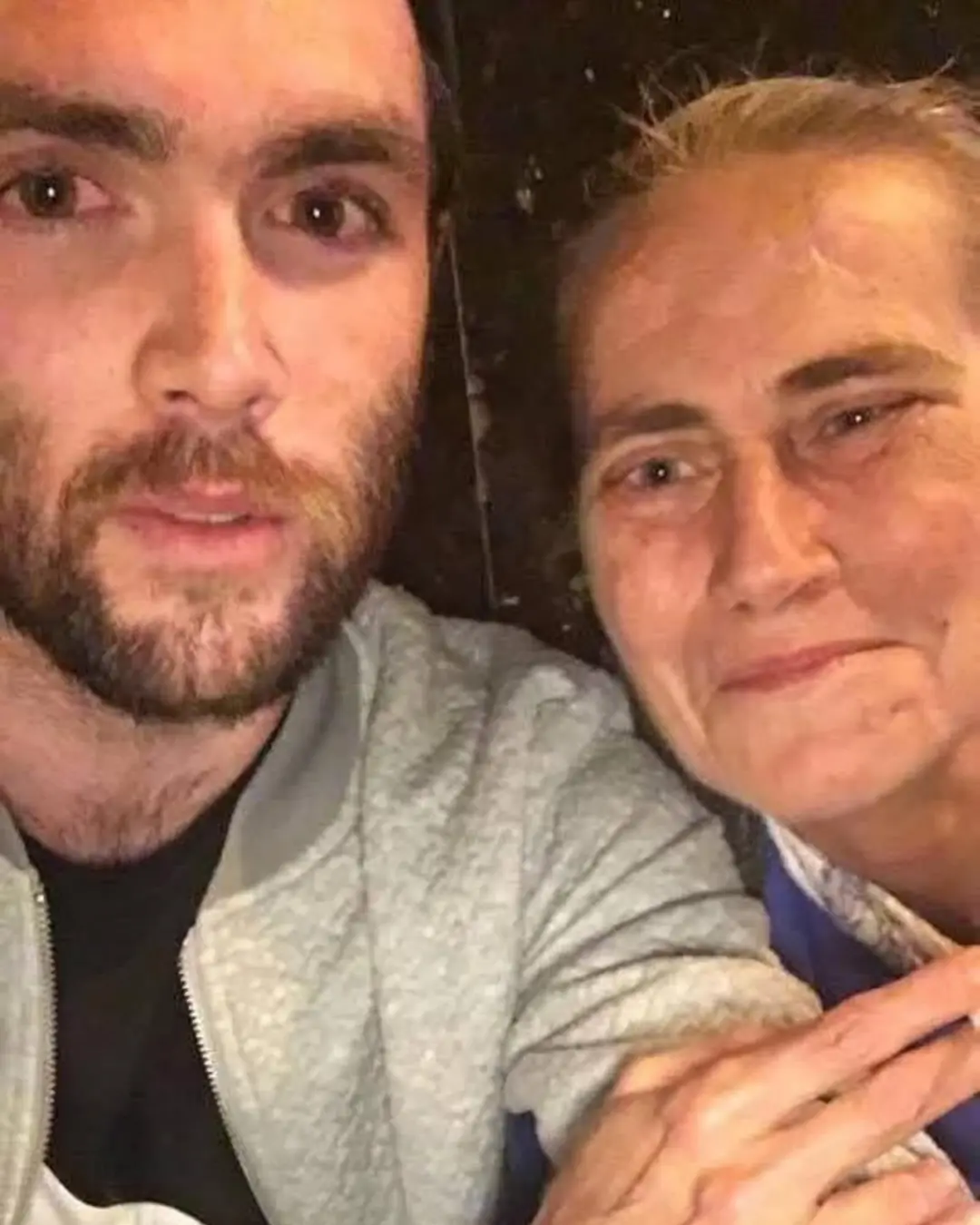
A Night at McDonald’s That Changed a Life — And Mine

Beyond the Badge: A Police Officer’s Reflection on True Community Connection

Koda the Christmas Bandit: The Dog Who Unwrapped Every Gift Under the Tree

A Brother’s Gift: Caleb’s Courage for His Sister Libby
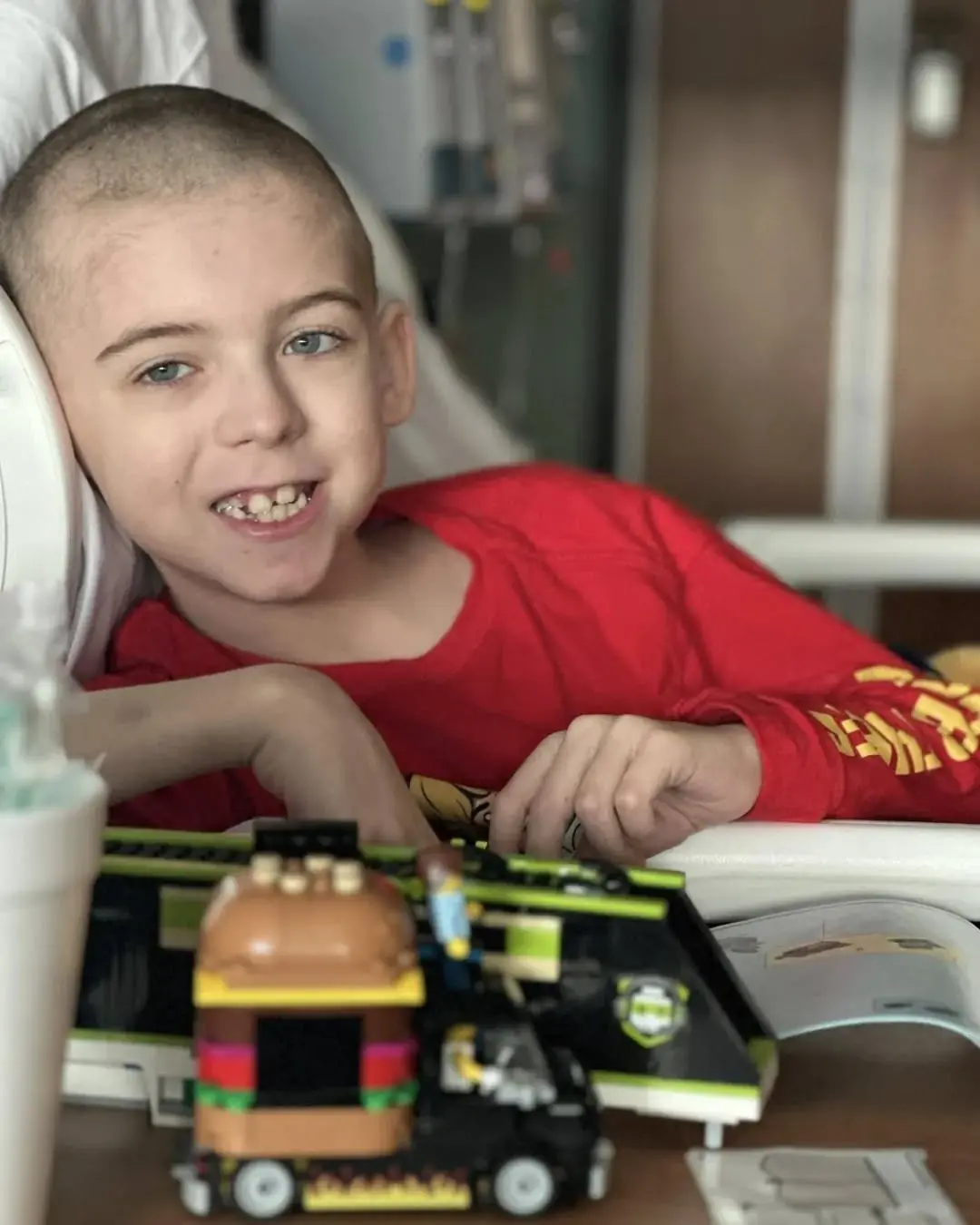
Two Brothers, One Battle: The Scotts’ Fight for Life and Hope
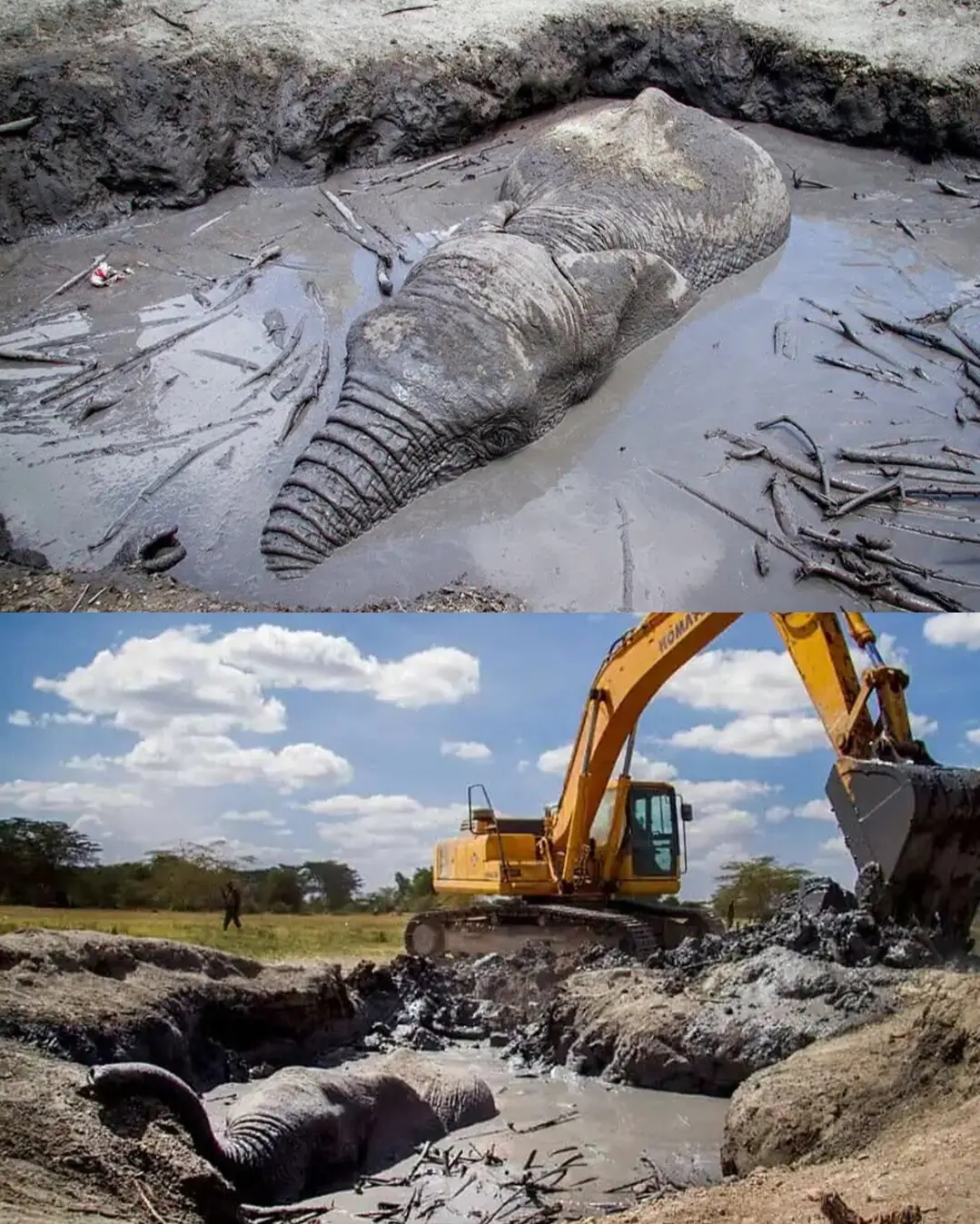
An Elephant’s Cry, A Human Answer.
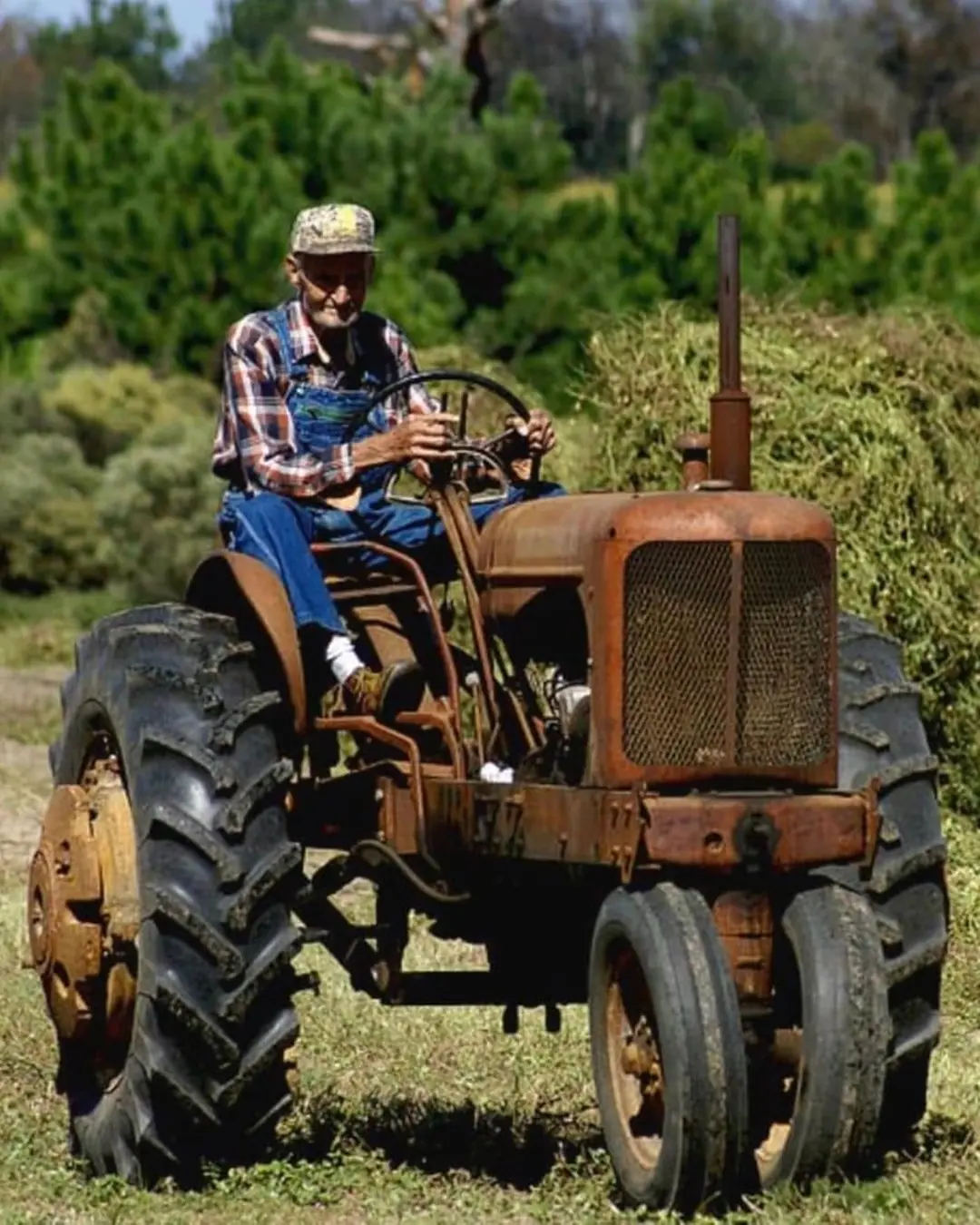
The Farmer’s Slow Lane

The Gift of a Grandfather Without Bloodlines.

12 Powerful Natural Painkillers Found in Your Kitchen

11 Honey Remedies That Truly Work
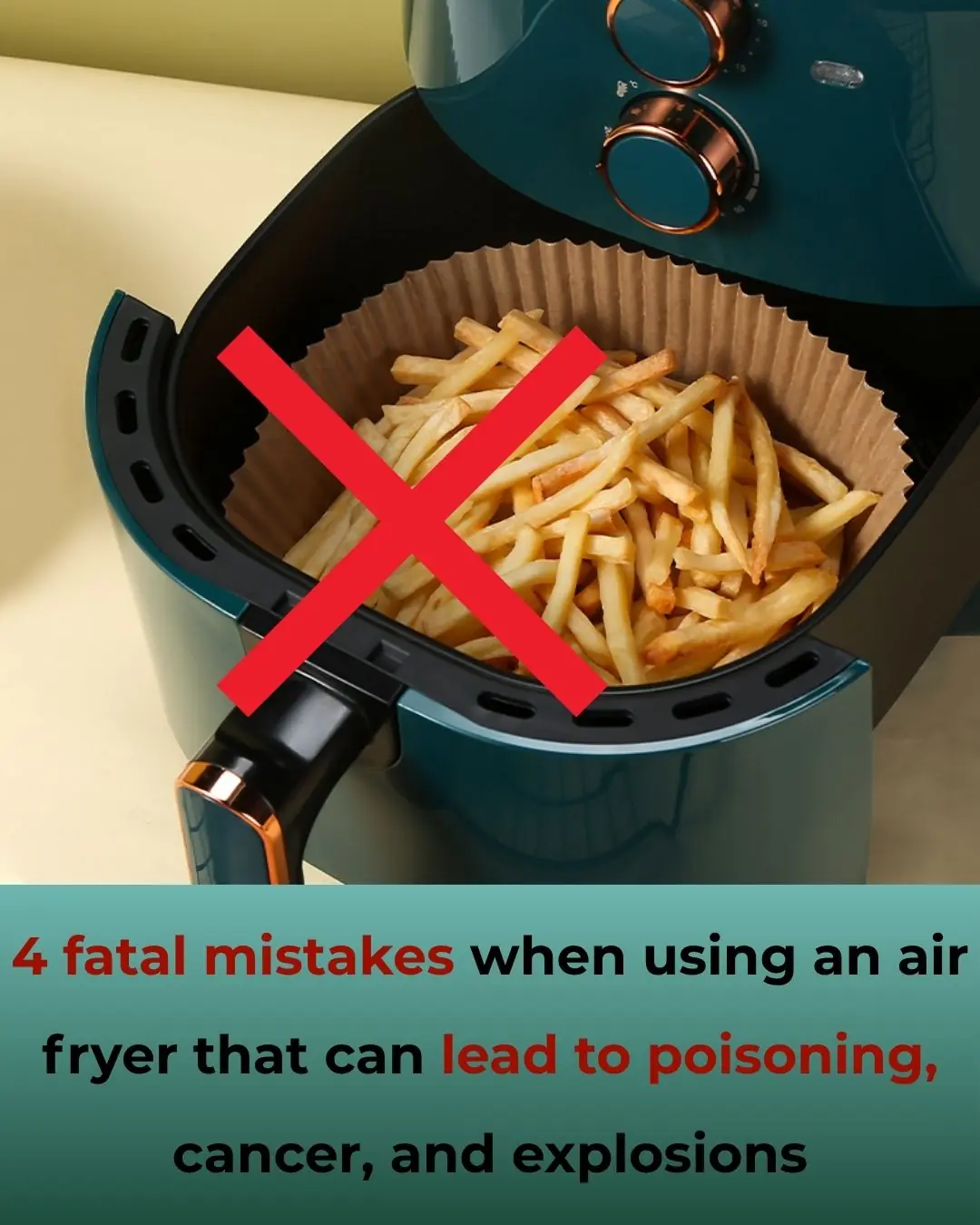
4 Dangerous Mistakes When Using an Air Fryer That Can Lead to Poisoning, Cancer, and Even Fires
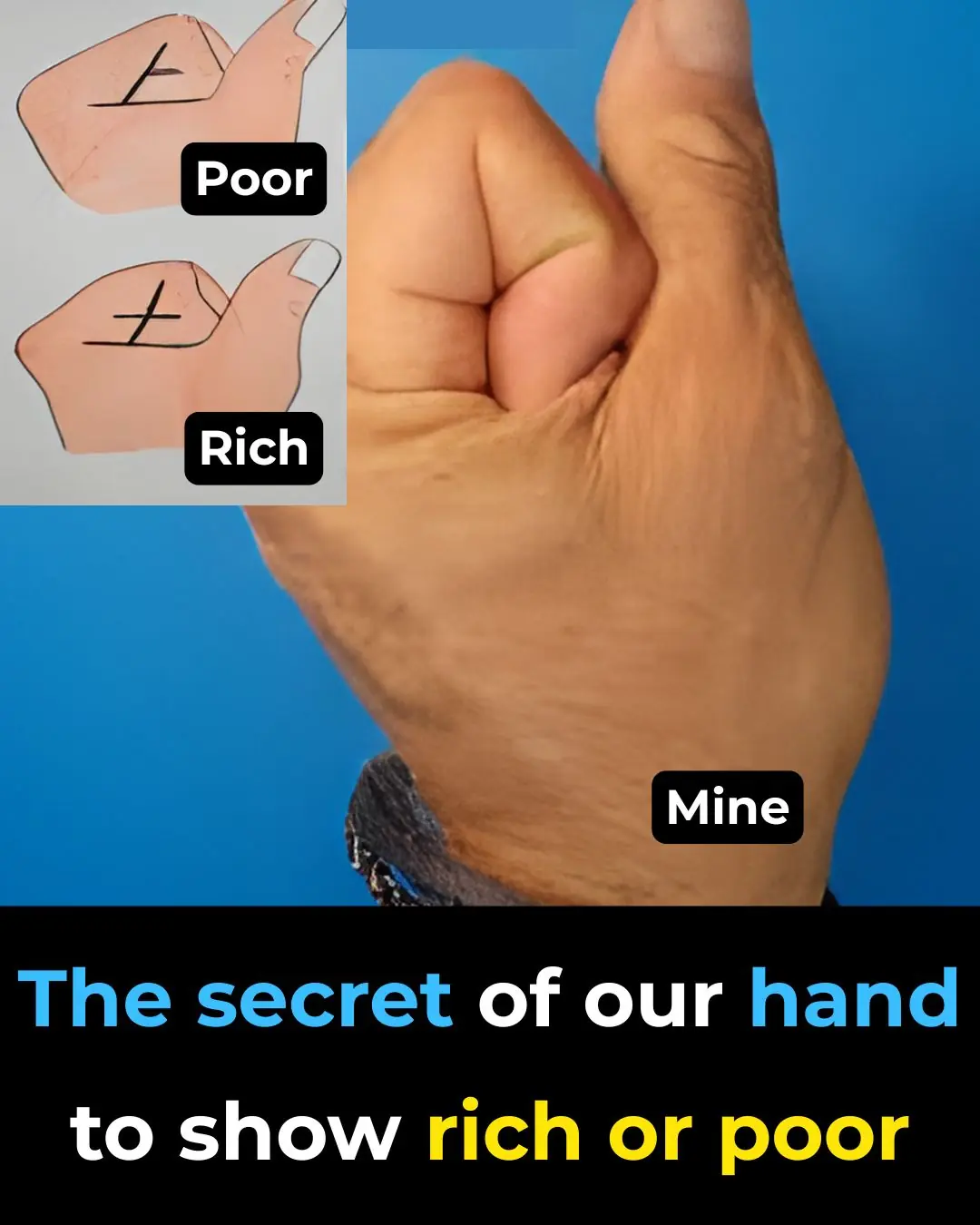
The Secret of Our Hand to Show RICH or POOR…

The Purpose of the Overflow Hole in Your Sink You Never Knew
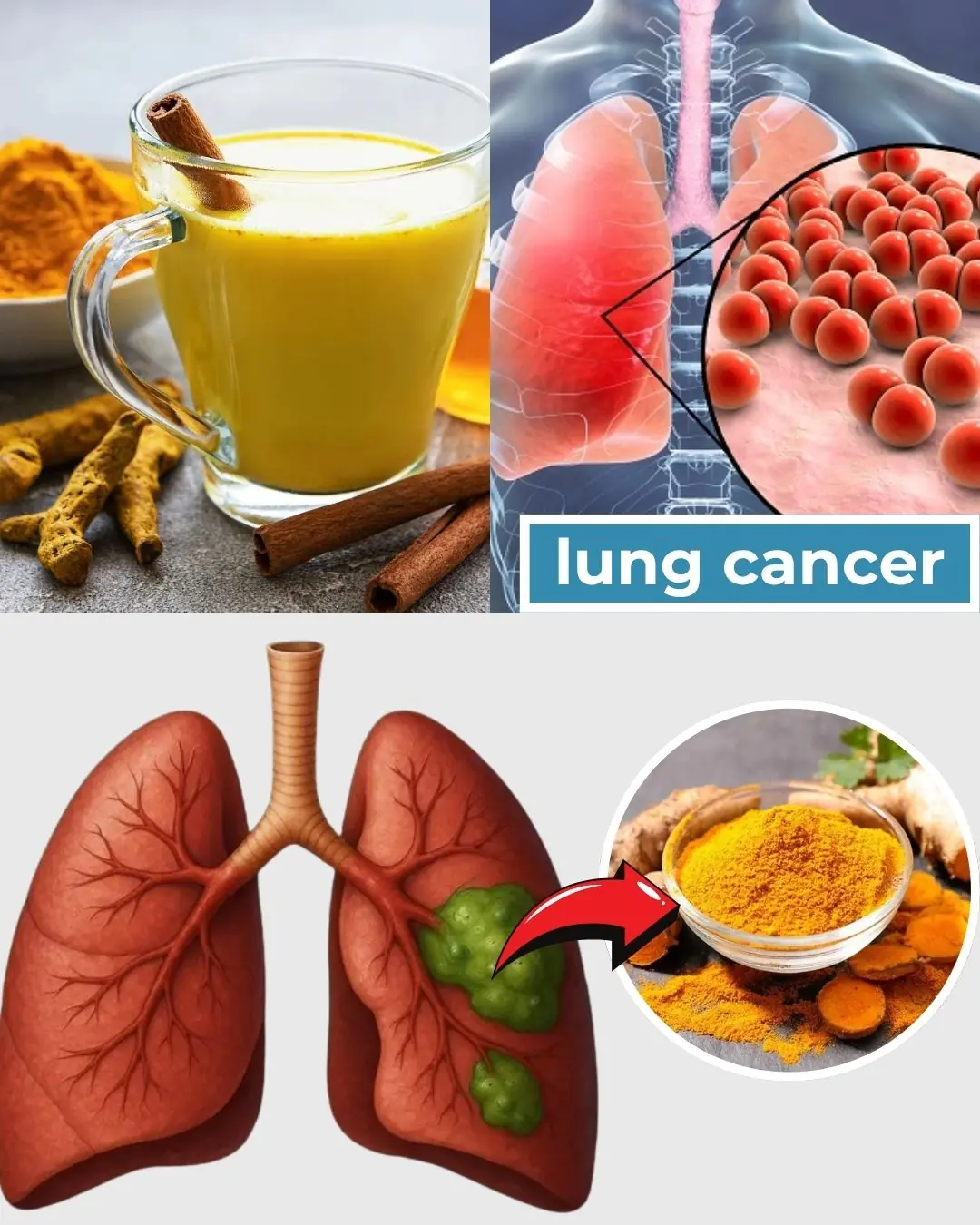
Only 2% Know This Ancient Spice Can Clean Lung Mucus Overnight 💥
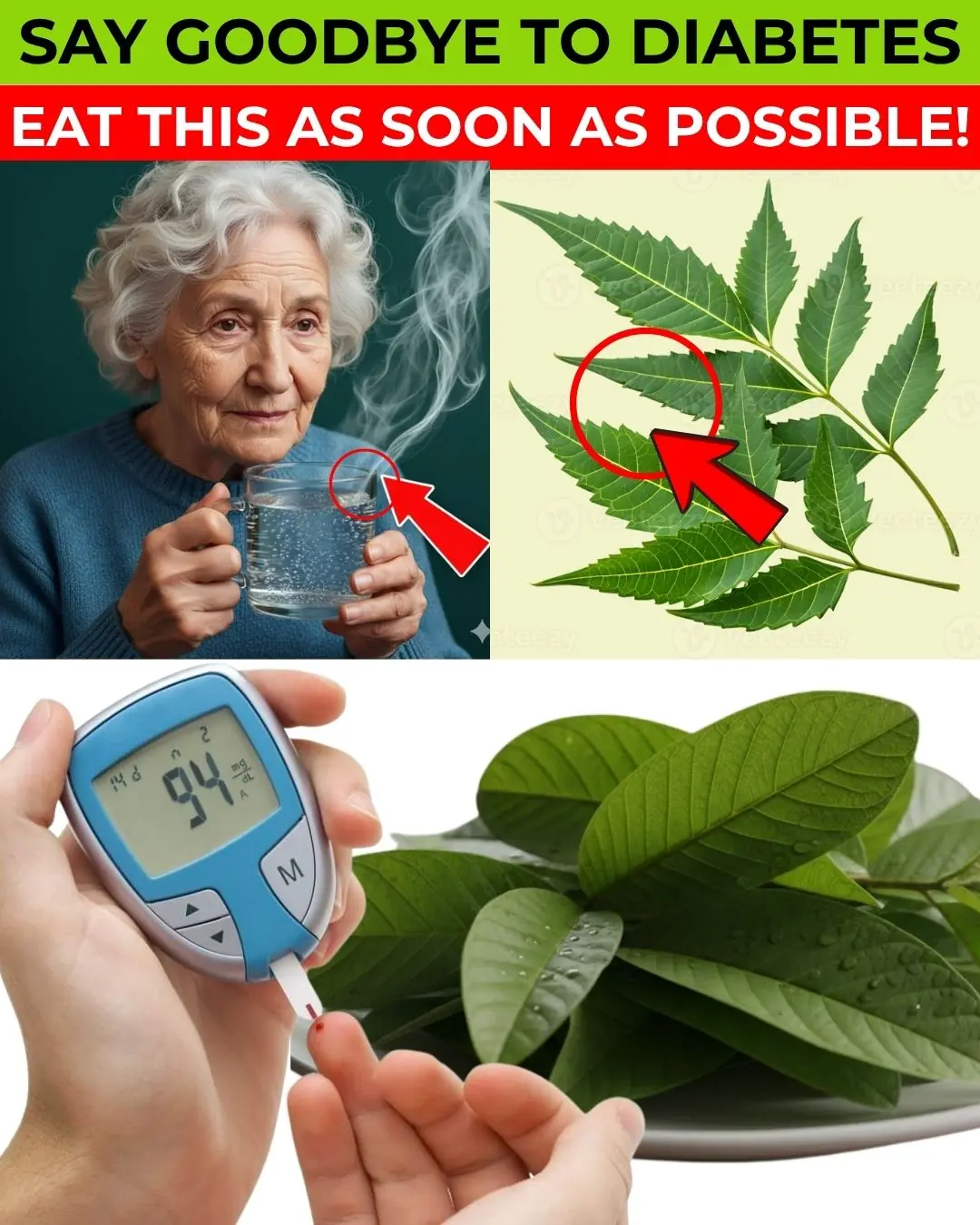
🌿 SENIORS: This 1 Leaf DESTROYS Diabetes & Melts Belly Fat (Doctors HATE It!) | Barbara O’Neill
